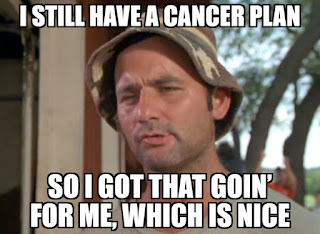Being your own boss has plenty of perks — freedom, flexibility, and control over your career. But it also comes with unique financial risks, especially when it comes to health. Without the safety net of employer-provided benefits, a major illness could threaten not only your wellbeing but also your livelihood. That’s why critical illness insurance is a smart move for self-employed professionals. Here are three reasons it deserves a spot in your financial plan.
1. Protect Your Income When You Can’t Work
As a self-employed individual, your ability to earn depends on your ability to work. A serious diagnosis like cancer or heart disease can suddenly put your business — and your income — on hold. Critical illness insurance provides a lump-sum payment if you’re diagnosed with a covered condition, giving you the financial breathing room to pay bills, maintain your business, and recover without draining your savings.
2. Keep Your Business Running During Recovery
Even short-term illness can stall self-employed work. The lump-sum benefit from critical illness insurance can help you keep operations afloat — whether that means paying a contractor to fulfill client work, covering rent for office space, or maintaining marketing efforts while you’re focused on recovery. It helps ensure your business survives even while you step back to heal.
3. Cover the Costs Health Insurance Doesn’t
Traditional health plans rarely cover all expenses. High deductibles, treatment-related travel, or home care costs can take a real toll, especially when income has stopped. Critical illness insurance fills the gaps by providing cash you can use for anything — medical bills, mortgage payments, or even personal expenses while you recover.
A Critical Illness policy can cover a list of "specified illnesses"* like cancer, heart attack, stroke, major organ transplants and other health events. We offer an online quotes system that lets you find a rate for you (or your family). You can even apply online if you like!
Critical Illness insurance can be an affordable way to cover deductibles and other expenses. If you have any questions about the coverage, reach out to us.
*Policies differ in coverage. Please read the Outline of Coverage before applying.
Chris Castanes is the president of Surf Financial Brokers, helping people find affordable life and disability insurance coverage. He's also is a professional speaker helping sales people be more productive and efficient and has spoken to professional and civic organizations throughout the Southeast. Please subscribe to this blog!













